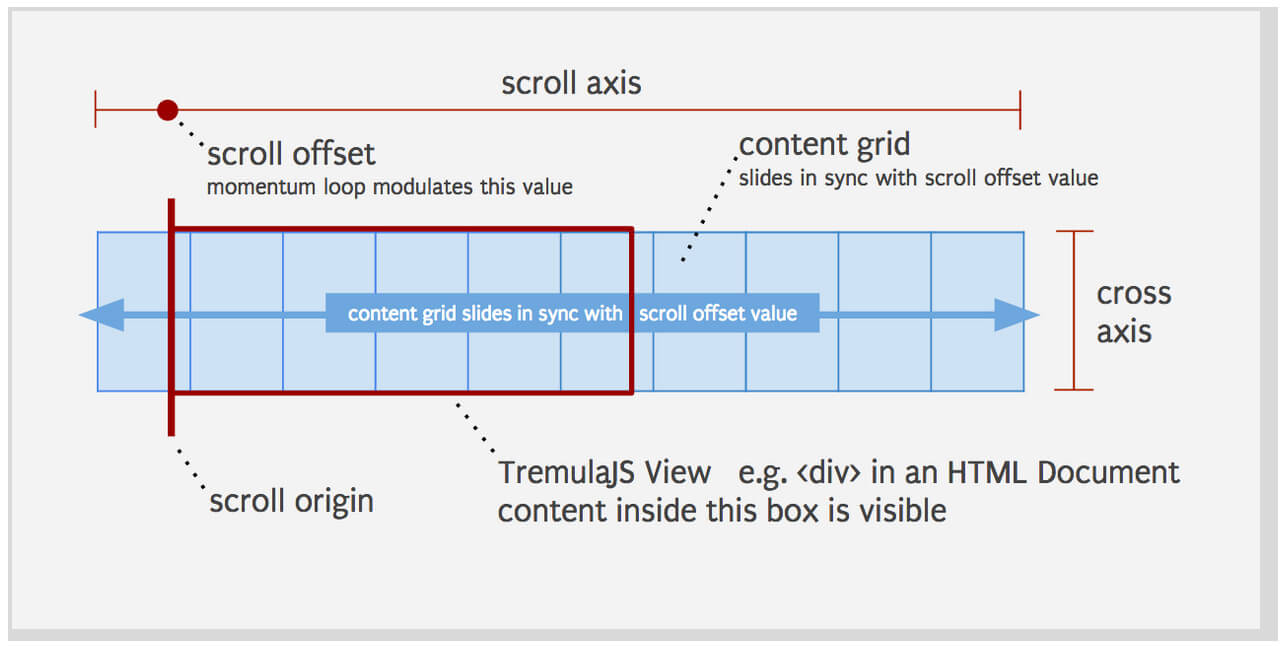Prevent Widows with PHP and JavaScript
One of the small touches you can add to your website is preventing "widows" in your H1-H6 tags. For those who aren't aware, a widow (in terms of text and headings) means only one word of a title wraps to the next line -- a bit of an ugly sight if you ask me. The way to prevent widows with just text is by adding a between the last two words of the text instead of a regular space character. Here are two snippets for preventing widows in your website: one using JavaScript and another using PHP!
// With JavaScript
var text = text.replace(/\s(?=[^\s]*$)/g, ' ');
// With PHP
$text = preg_replace( '|([^\s])\s+([^\s]+)\s*$|', '$1 $2', $text);
As I mentioned originally, widows are not necessarily a bug, but a small visual quirk that just doesn't look great. Keep these regex usages handy so you can prevent such a smudge!
![Detect DOM Node Insertions with JavaScript and CSS Animations]()
I work with an awesome cast of developers at Mozilla, and one of them in Daniel Buchner. Daniel's shared with me an awesome strategy for detecting when nodes have been injected into a parent node without using the deprecated DOM Events API.
![Responsive and Infinitely Scalable JS Animations]()
Back in late 2012 it was not easy to find open source projects using requestAnimationFrame() - this is the hook that allows Javascript code to synchronize with a web browser's native paint loop. Animations using this method can run at 60 fps and deliver fantastic...
![Style Textarea Resizers]()
Modern browsers are nice in that they allow you to style some odd properties. Heck, one of the most popular posts on this blog is HTML5 Placeholder Styling with CSS, a tiny but useful task. Did you know you can also restyle the textarea resizer in WebKit...
![Duplicate DeSandro’s CSS Effect]()
I recently stumbled upon David DeSandro's website when I saw a tweet stating that someone had stolen/hotlinked his website design and code, and he decided to do the only logical thing to retaliate: use some simple JavaScript goodness to inject unicorns into their page.




Great idea to take care of all headings at once!
Only concern I would have would be search engines. Are there repercussions to adding this markup? Would it confuse/deter proper search engine indexing?
I’m sure Google, etc take javascript into account in some way, but I would do this via javascript instead of PHP to lessen the chances of hurting search rankings (if that’s important to you).
I’ve never seen the ?= operator in regular expression. And I don’t find such in my regex cheat sheet. Can you please explain how this particular reg ex is working? Thanks.
The
?=is a look-ahead operator. It allows you to specify an expression that matches what comes next. In the example abovethe expression is stating that the character after the space must be zero-or-more non-whtie-space characters followed by the end of the string. In other words, it makes sure that it only replaces the last space in the heading with a non-breaking space.
PHP not cancer of the Web